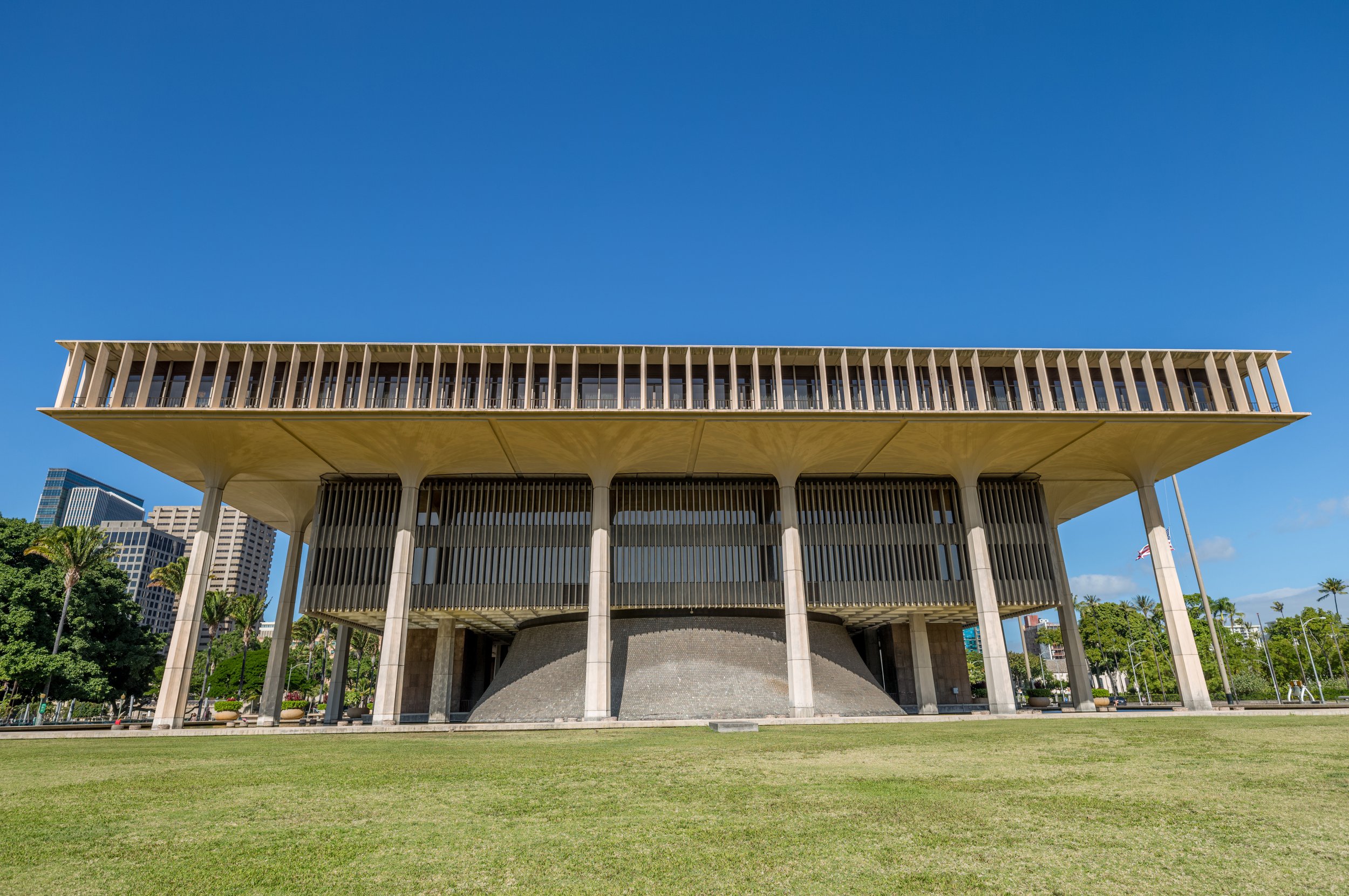
Hawaiʻi legislature 2022: smart spending could help big problems
The legislature has money available for almost any policy initiative imaginable, and every member of the house and senate is up for reelection.
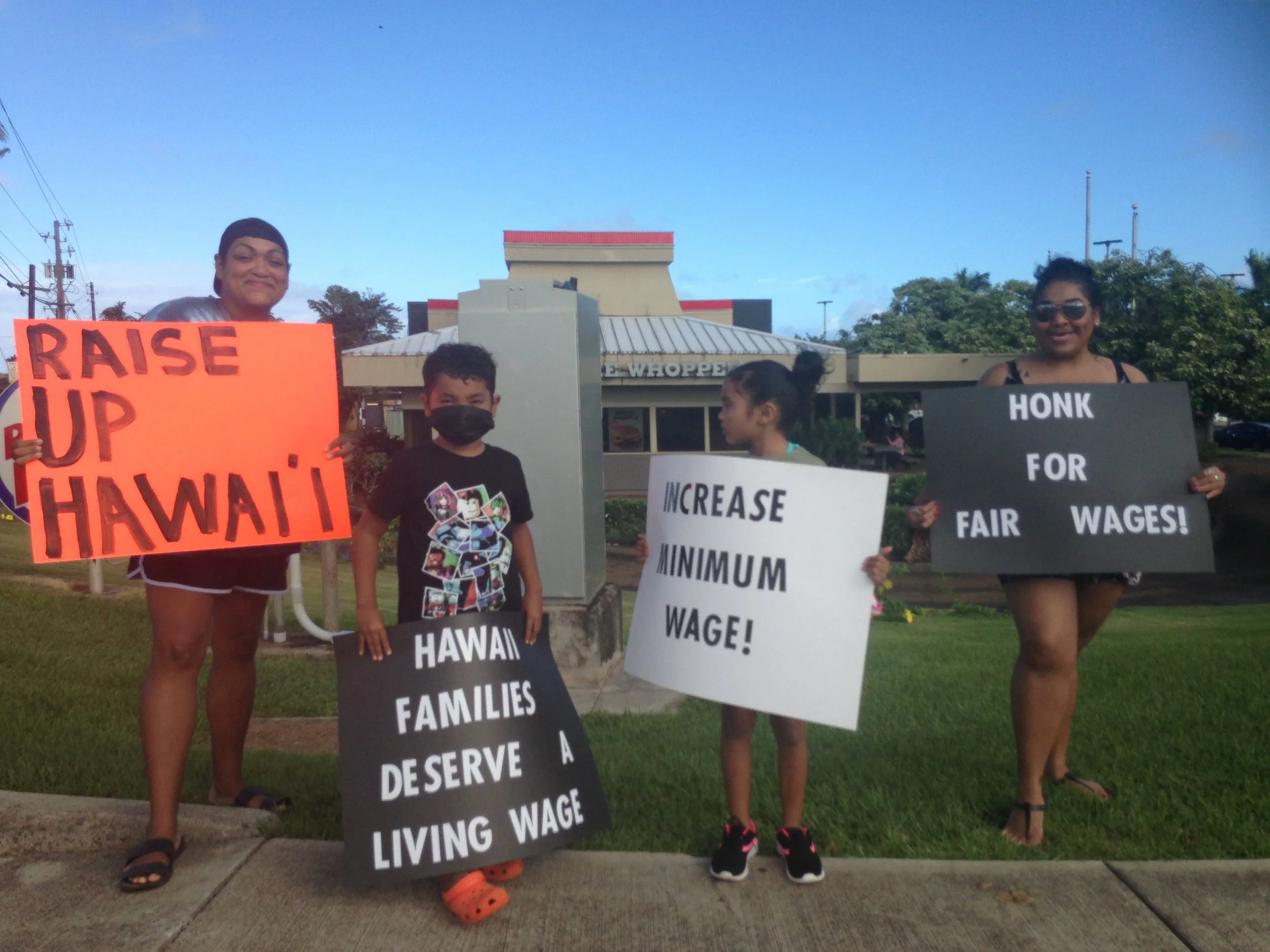
Raise Up Hawaiʻi demands higher minimum wage
An increased minimum wage would not only put food on families’ tables but put money in their pockets for spending at local businesses.
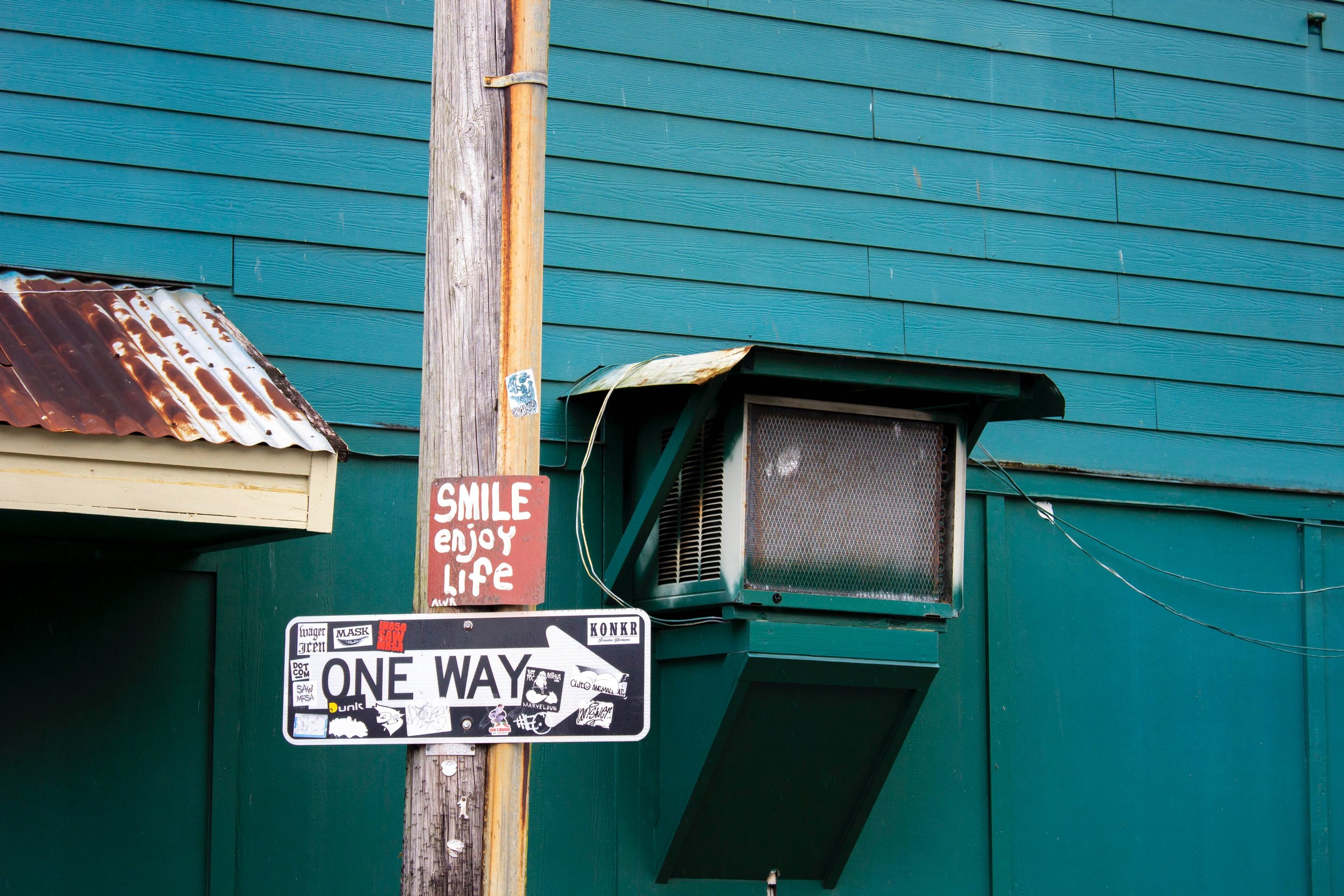
Aloha Friday Conversation: Seizing affordable housing opportunities in Hawaiʻi
This episode of "The Conversation" is packed with discussions about Hawaiʻi's housing and homelessness crisis and policy solutions advocates are working to implement at the state and county level.
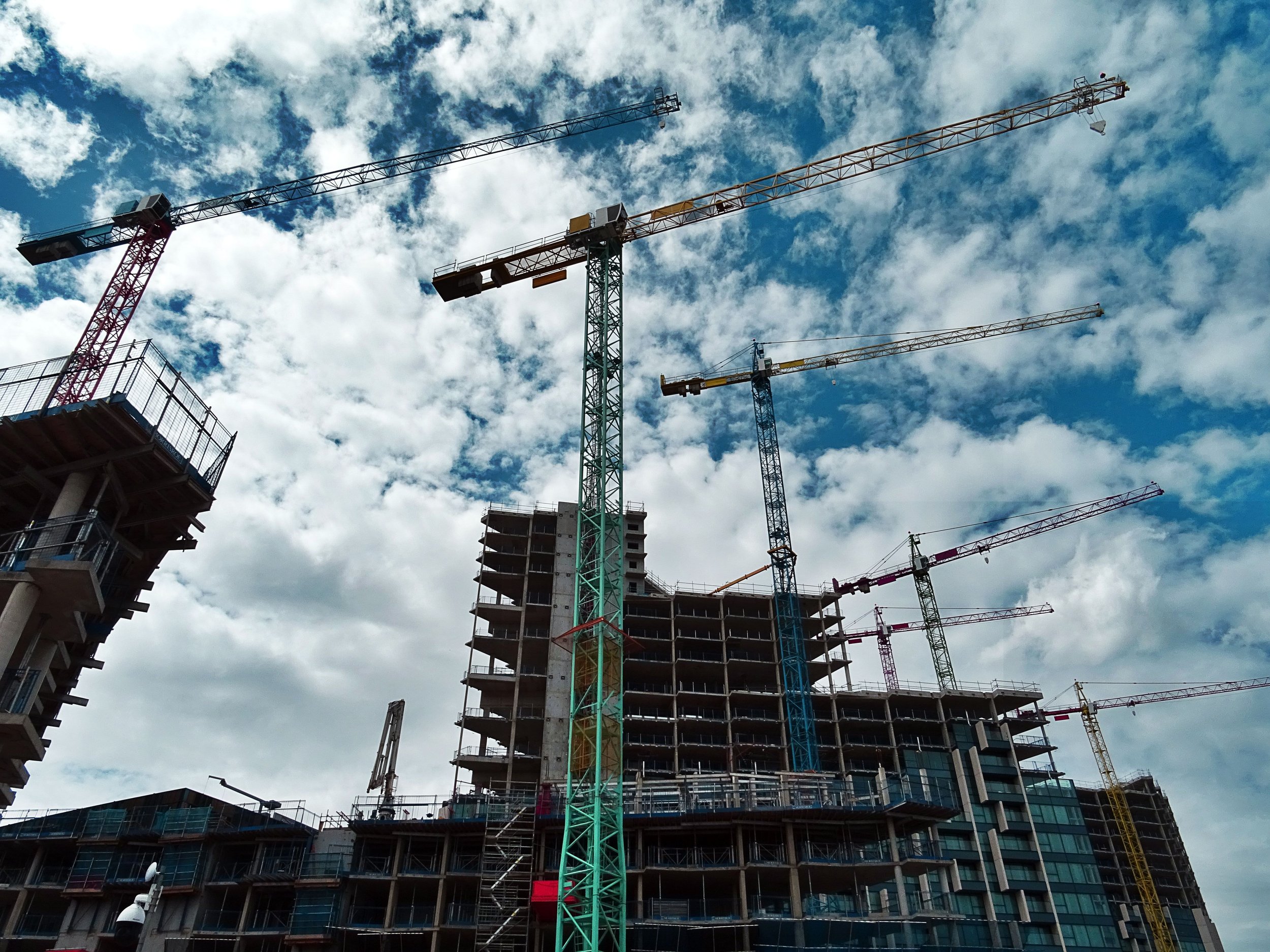
Biden’s spending bill could be a ‘game changer’ for housing in Hawaiʻi
The Build Back Better bill that the U.S. Senate is debating has the potential to make a huge dent in Hawaiʻi’s affordable housing needs, according to advocates.

Amid inflation fears, Hawaiʻi business owners and consumers brace for rising prices
Consumer prices nationwide reached their highest levels in a decade last month, potentially impacting local businesses and consumers.

How the ‘Build Back Better’ plan saves money and lives
The answer lies in an expansion of the strategy that held the line against poverty in 2020 and that helped America out of the Great Depression.

Invest in human infrastructure, not just roads and bridges
Reps. Ed Case and Kai Kahele have the opportunity to help Congress build back a more resilient and equitable economy.

Why are more people than ever receiving food stamps in Hawaiʻi?
A historically high enrollment in the food stamp program is part of a broader increase in the need for public services during the pandemic.

Rental assistance fell victim to politics, bureaucracy
Nationwide, state leaders set aside $2.6 billion to prop up struggling renters, but a year later more than 16 percent hasn’t made it to tenants or landlords.

Legislature considers increasing minimum wage amid pandemic
Advocates argue that raising the minimum wage will not only help workers make ends meet, but also stimulate the local economy.

$12 minimum wage hike clears key Senate committees
In recent years there’s been increasing support from the state’s leading lawmakers and Democratic Party to pay workers a living wage, but the gap between that figure and what lawmakers have been willing to pass remains wide.

Minimum wage hike up to timing
Hawaiʻi’s high cost of living, makes a minimum wage increase vital for low-income workers, including many who have been on the pandemic’s front lines.

DOE improves free school breakfast program during pandemic
Hawaiʻi Appleseed has monitored the ranking for years, and has been working with the DOE to improve those numbers.

With no signs of housing prices cooling off, advocates push for government aid
Housing advocates want to change how we view housing. Instead of an investment, it should be seen as a necessity.

Sugary drink taxes can dismantle systemic inequities by giving back to communities
When funds are reinvested back into the most impacted communities, these taxes help prevent future harm, and give people from those communities a better shot at succeeding and thriving.

Hawaiʻi legislators could boost minimum wage to $12 next year
A bill to raise Hawaiʻi’s minimum wage to $12 passed unanimously out of its first committee Monday, with more than 180 individuals and groups testifying in favor, most saying it should be much higher.
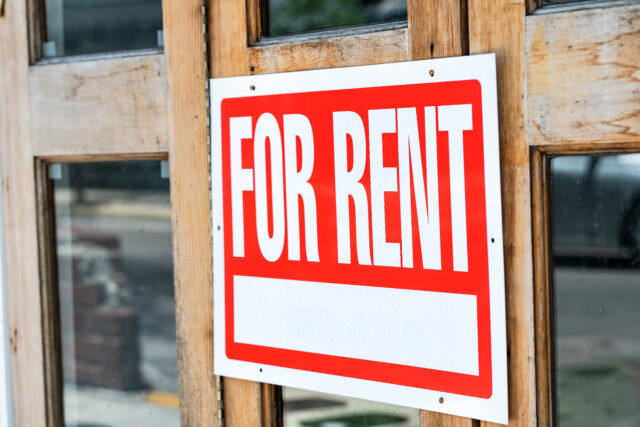
Gaps in Hawaiʻi eviction moratorium leave some renters scrambling for housing
The state eviction moratorium doesn’t protect every renter. And being kicked out when you’re unemployed makes finding housing much harder.

Don’t give me back rent, I want to continue hiding from tax
Some landlords are refusing federal relief money, which makes one wonder about what is going to happen to the tenant once the state’s moratorium on evictions expires at the end of the year.

Furloughs likely to worsen delays of unemployment, Medicaid and SNAP claims
Governor Ige’s plan to furlough state workers could further increase the already-maddening length of time it takes to process critical services like unemployment.

Hawaiʻi landlords rejecting $8M in overdue rent
Some island landlords have rejected about $8 million in direct payments to cover the rents they’re owed because they do not have general excise tax licenses and are not paying taxes on their rental income.
